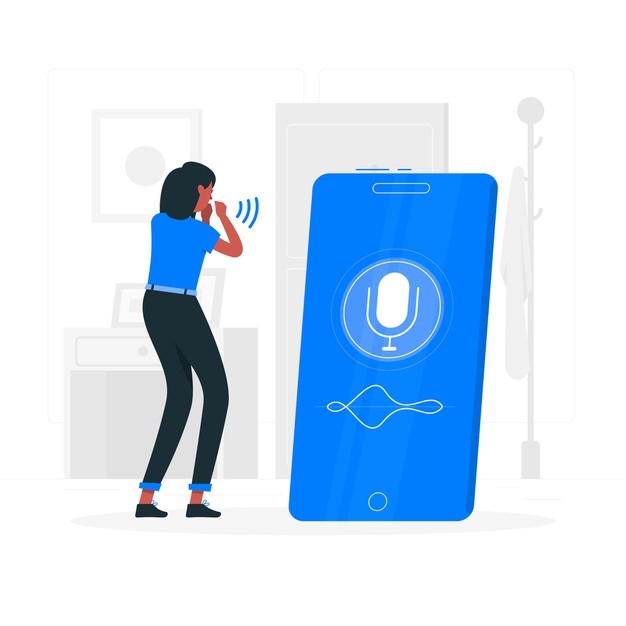Before we start talking about the core of the topic let me give some statistics on voice search and smart speakers
As per singlegrain.com
72 % of the people own a smart speaker as a part of their daily routine and 50% of all American homes will have a smart speaker by 2022
So let’s get to know how you can optimise your website for voice search
1. Do keyword research for voice search
The voice search queries include a number of query terms like how, what, where, why, where.
So next time you’re adding voice search keywords, make sure to include these, Question keywords, filler keywords and keywords to fill
When using voice search people generally tend to ask long-tail keywords in the form of a question
“Fill words” are a must in questions which make the query more human and conversational. Examples of filler words are “I, the, the, on, about,” and so on.
2. Optimise for rich results
About 70% of the voice results returned results from SERP feature that had rich results in it so here are the rich results you can target for
Knowledge Graph
Knowledge Panel
Knowledge Box
Featured Snippet
RIch Answer
You can read more about the rich SERP feature here
Google mostly displays rich answers to questions, and there has been a substantial rise in these over the years.
3.Restructure your content
With voice search being a lot more conversational than traditional searches, you need to analyze our content and its structure again.
The goal should be to include questions and answers to improve the content layout and make it more voice search-friendly.
4.Improve loading time for your website
Websites that take longer to load are very easily abandoned compared with those that load soon. Loading speed on websites has a direct effect on bounce rate, and should, therefore, be optimized at all costs.

